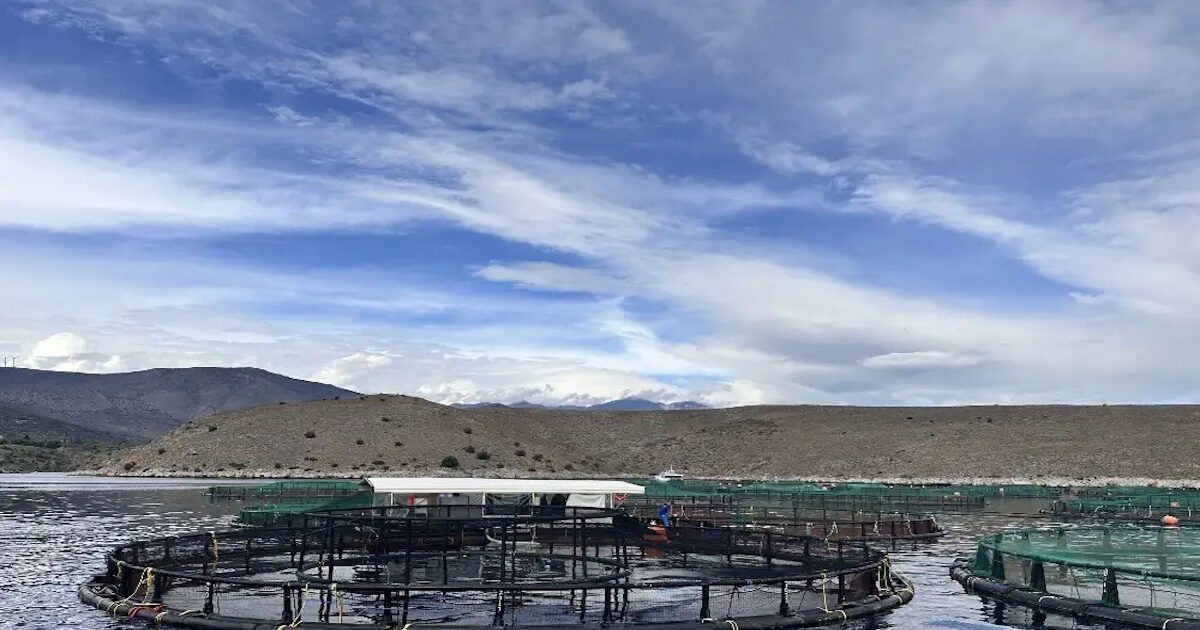Spatial planning is a critical foundation for its sustainable development of Greek fish farming and ensuring the balance between productive activity and the natural environment. The absence of a modern, integrated framework creates delays in licensing, inhibits new investment and makes it difficult to fully exploit the sector’s potential.
Although our country has significant natural and productive potential, since 2015 only 7 of the 23 planned Aquaculture Organized Development Areas (OADA) have progressed, which is delaying the sector’s development strategy. The Hellenic Organization of Fish Farming Producers (ELOPY), the main body for the development of Greek fish farming, points out that the establishment of a clear and functional spatial framework is necessary for the protection and modernization of the sector.
With 22 member-companies, exports exceeding 650 million euros per year and more than 12,000 jobs, ELOPY supports production and employment in island and coastal regions of the country. The participating units operate with absolute transparency and in compliance with a strict national and European framework, with the aim of safeguarding quality, sustainability and legality.
At the same time, ELOPY invests in knowledge and scientific documentation, collaborating with recognized bodies such as the Hellenic Center for Marine Research (ELKETHE) and the country’s universities for the continuous monitoring of marine biodiversity and water quality. The operation of the units is based on advanced scientific tools, such as the MERAMOD model, and is subject to regular checks and measurements, ensuring full compliance with environmental requirements.
The Organization points out that integrated spatial planning is also decisive for the harmonious coexistence with other productive activities, such as tourism. The fish farming units are located at distances that ensure coexistence with the coastal and tourist zones, avoiding any burden or conflict of uses. Despite ongoing efforts for transparency and dialogue, ELOPY emphasizes the need for substantial participation of all agencies in public consultations, in order to formulate common solutions that will strengthen sustainable development.
According to ELOPY, the lack of an updated institutional framework prevents not only the organization of production, but also the protection of sensitive areas, such as the Poseidonia meadows, which are ecosystems of utmost importance for biodiversity. The existence of a clear and workable plan will contribute to the protection of these areas, the sustainable exploitation of marine resources and the attraction of investments that will strengthen the Greek economy.
ELOPY continues to actively support the effort for institutional stability, environmental responsibility and strengthening the extroversion of the sector. With a firm focus on sustainability, transparency and social cohesion, the organization pursues a spatial planning that will combine development, environmental protection and respect for local communities – a foundation for the future of Greek fish farming.
